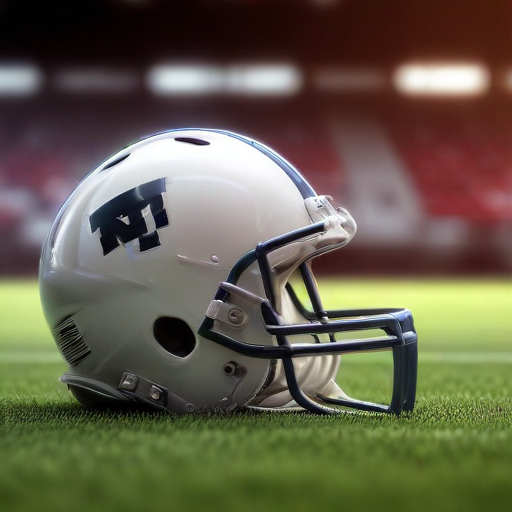As the debate about player empowerment in college football intensifies, one player’s decision to enter the transfer portal has sparked significant discussion. Beau Pribula, a backup quarterback for Penn State, announced via social media that he would be entering the transfer portal, stating it was a difficult decision as it forced him to choose between pursuing a College Football Playoff opportunity and exploring options at other schools.
However, many argue that Pribula’s situation isn’t as dire as it seems. Players who enter the transfer portal are not obligated to leave their current team immediately, meaning Pribula could continue to participate in the upcoming playoff while assessing his prospects elsewhere. The NCAA has also extended the winter transfer portal timeline, allowing players greater flexibility and opportunity. Therefore, critics argue that Pribula’s portrayal of an “impossible decision” lacks merit.
Pribula, who has excelled academically and graduated from Penn State in three years, has been a supportive teammate but has struggled to secure a starting role. As a relatively inexperienced player, he faces challenges in transitioning to another major program, particularly with limited game footage to showcase his skills.
Interestingly, just a day after Pribula’s announcement, Penn State’s starting quarterback Drew Allar declared he would return for the 2025 season, which likely further complicates Pribula’s intentions. The landscape of college athletics is complex, with heightened player autonomy alongside new compensation models for athletes.
The NCAA has made strides in accommodating players’ rights and compensation since 2021, resulting in significant changes in the collegiate sports landscape. As players negotiate their careers, they must also navigate their commitments, showcasing the dualities in college athletics.
As this story unfolds, it serves as a reminder of the evolving nature of college sports. Players hold more power than ever before, but with that comes responsibility and consequences. Pribula’s journey exemplifies the contemporary athlete’s struggle for balance between immediate ambitions and long-term career decisions.
The future remains promising for student-athletes, offering them new paths and opportunities. Instead of viewing their decisions through a lens of blame, athletes like Pribula can focus on leveraging their choices to build fulfilling careers in both sports and academics.
